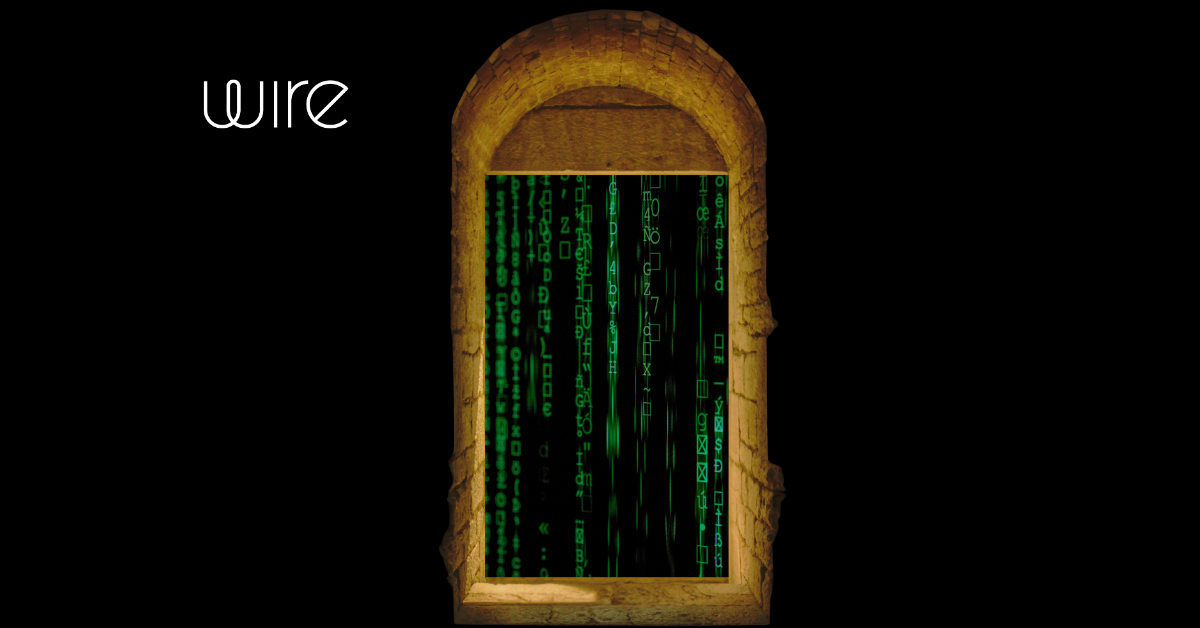In an increasingly digital and interconnected world, encryption has become more than just a technical feature, it is a fundamental pillar of global cybersecurity. It safeguards everything from private to business conversations and sensitive health records to critical infrastructure, financial systems, and state secrets. It enables trust, privacy, and security at scale!
Yet, this pillar of strength might be under threat …
Around the world, governments are ramping up pressure on tech companies to create “backdoors” into encrypted channels, and communications, ostensibly to aid law enforcement and national security investigations. From the UK’s Investigatory Powers Act to Sweden’s controversial surveillance proposals, this is no longer just a policy debate. It’s a global inflection point.
A Global Trend with Serious Risks
- In the UK, a recent push to force Apple to weaken its iCloud encryption under a “technical capability notice” led to Apple pulling its Advanced Data Protection feature entirely from the UK.
- In Sweden, over 50 organizations signed an open letter warning that proposed legislation would erode end-to-end encryption and undermine digital safety.
- In France, too, floated an amendment requiring encrypted services to provide plaintext messages upon request, thankfully retracted, but telling of the trend.
This wave of legislative efforts, often made in the name of safety, belies a deeper risk: the creation of systemic vulnerabilities that would compromise the very security encryption is meant to provide!
The Two Arguments for Backdoors
- Law Enforcement & National Security: Agencies say they need access to encrypted channels, databases, and communications to investigate terrorism, child exploitation, and organized crime.
- Prevention & Response: Access to critical information, they argue, could prevent attacks or save lives in time-sensitive scenarios.
These are real, valid concerns. But…
The Case Against: The Reality of a Backdoor
Firstly, we should all understand the most important thing: You can’t build a door that only the “good guys” can open.
- It Weakens Cybersecurity: Any intentional vulnerability can be found and exploited, by hackers, cybercriminals, or foreign adversaries.
- Privacy Erodes: The mere existence of backdoor capabilities invites misuse and undermines civil liberties.
- Impossible to Contain: Technologically, it’s near-impossible to ensure access is limited only to authorized actors.
- Global Precedent: Once one country gains access, others will demand the same, authoritarian regimes included.
- Undermines Trust: It creates doubt in the security of tools the world depends on, including those used by governments themselves.
Let’s Not Forget: Governments Rely on Encryption Too
Here’s the irony: governments, intelligence agencies, and militaries depend on encrypted systems to protect their own communications. They use secure platforms for everything from diplomatic conversations to internal communications, field operations, and infrastructure protection. Encryption keeps whistleblowers safe, protects informants, and ensures that national security doesn’t get compromised. To demand backdoors for public platforms while relying on the same technology behind closed doors is a contradiction, and a dangerous one.
If encryption is weakened for some, it is weakened for all.
Historical & Modern Warnings
We’ve seen what happens when trust is broken:
- The Clipper Chip (1990s) tried to mandate a government-accessible encryption key, it was scrapped after public outcry and technical criticism.
- The Dual EC DRBG algorithm had an NSA-inserted vulnerability and became a textbook case of why backdoors fail.
- The SolarWinds breach (2020) inserting malicious code into a trusted software update exposed the fragility of centralized control and showed how backdoors, even unintended, can have global consequences.
Where Does It End?
That’s the question we must all ask. Do we stop at messaging apps? What about encrypted emails, health records, banking systems, or cloud infrastructure? Surveillance creep is real and once you start compromising encryption, it’s a very short slide to mass surveillance. The line must be drawn at encryption itself.
The Rise of AI and Quantum Computing
The threats are evolving. AI-powered attacks are becoming more sophisticated. Quantum computing, once matured, will break today’s encryption standards. This is not the time to weaken security, it’s the time to strengthen it, invest in quantum-resilient cryptography, and prepare for the challenges ahead.
Governments, tech companies, and civil society must collaborate without compromising fundamental protections, privacy requirements, and also human rights.
Take a look at Messaging Layer Security (MLS) by Wire.
Alternatives to backdoors exist
- Promote strong encryption as a foundation of cyber resilience.
- Develop targeted, legally accountable frameworks for accessing necessary information without compromising infrastructure.
- Explore privacy-preserving technologies and secure data access methods that don’t require compromising encryption for all.
Encryption is not a luxury. It’s a necessity. It’s not just about privacy, it’s about security, trust, and resilience in this digital age.
At Wire, we see firsthand how vital secure communications are not just for businesses across all industries, but even governments themselves. The tools that protect the vulnerable also protect institutions. Undermining them is not the answer.
Shout out to Global Encryption Coalition & Tuta.
